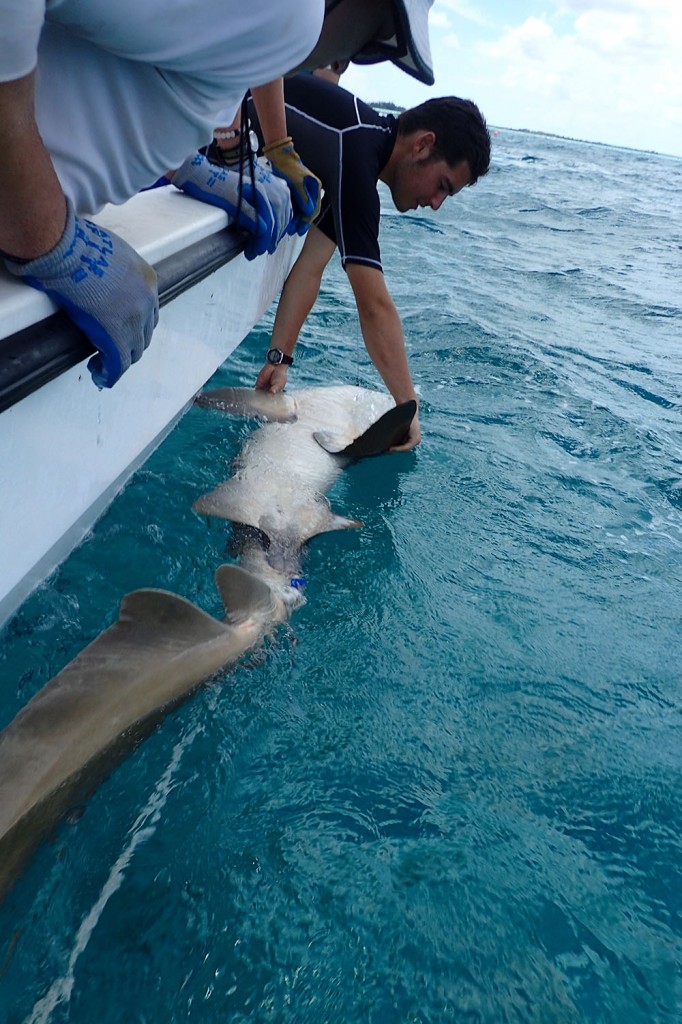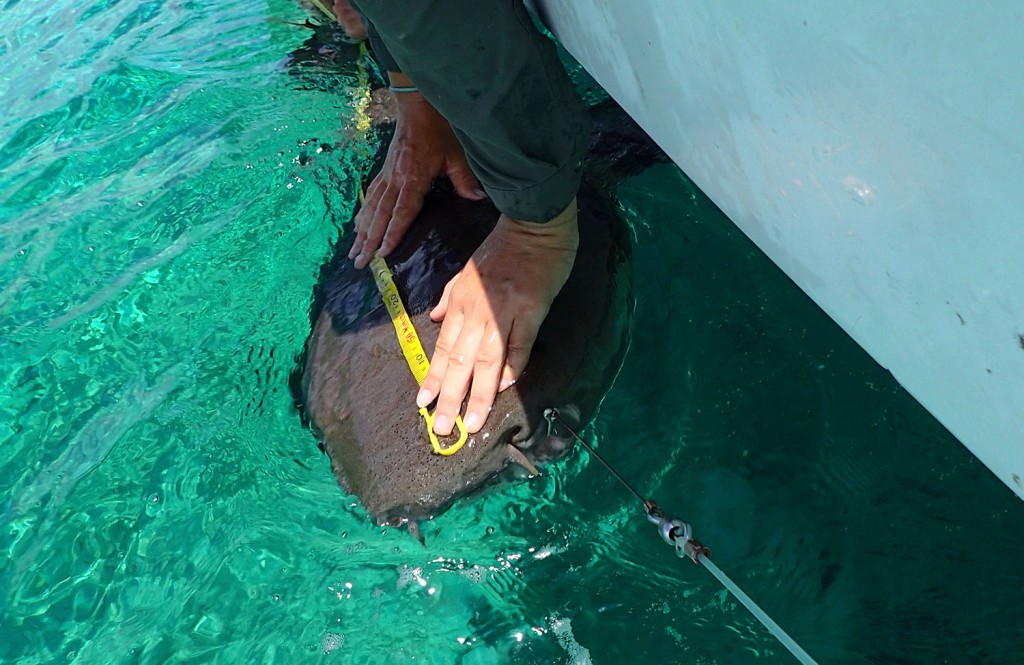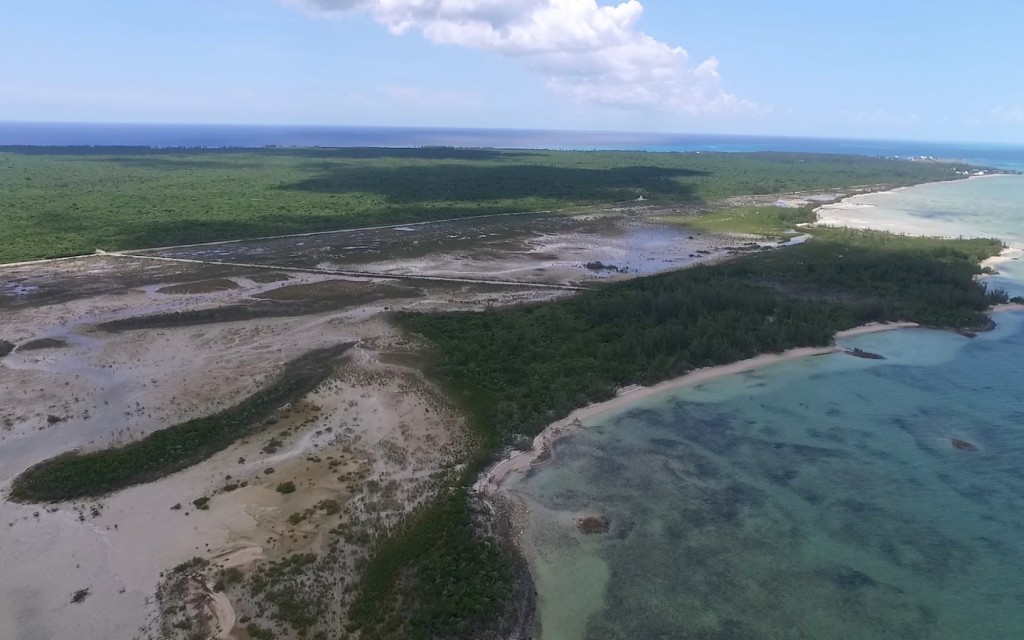Globally, sharks are among the most threatened group of species, facing some of the greatest population declines in modern history. This is exacerbated by conservative life history characteristics such as slow growth rates, late maturity ages and low number of offspring, which in turn increase their vulnerability to extinction. Turtles also exhibit similar life history characteristics, therefore assessing their importance as a food source and the significance predation has on their population can help us to further conservation efforts. This summer, Newcastle University student Massimo Casali in collaboration with the Cape Eleuthera Institute’s Shark Research and Conservation Program has been conducting a study to elucidate the importance of habitat complexity and coastal shark species on turtle abundance in different creek systems. The Bahamas offers unique opportunities to study turtles and sharks on account of a total ban being enforced since 2009 and 2011 respectively, and so this project will take advantage of the relatively untouched environment of south Eleuthera, The Bahamas.

Through the use of experimental longlines, sharks are caught in close proximity to creek systems before being sampled, including the taking of morphometric data (measurements), tissue harvest for stable isotope analysis and tagging, allowing for mark-recapture assessment. So far the team has caught a total of 21 sharks represented by 5 species; nurse shark (Ginglymostoma cirratum), Caribbean reef shark (Carcharhinus perezi), blacknose shark (C. acronotus), blacktip reef shark (C. limbatus) and tiger shark (Galeocerdo cuvier). This research has also included a range of educational programmes and Island School classes enabling us to reach a broad range of budding young shark scientists.

Overall, the research objectives of this study will form the basis for Massimo’s undergraduate research dissertation, that will specifically address the relationships between sea turtle and shark abundance in these biologically diverse ecosystems, considered fragile due to human induced disturbances. This will further allow conservation frameworks that will allow the management of sensitive coastal ecosystems throughout The Bahamas.
